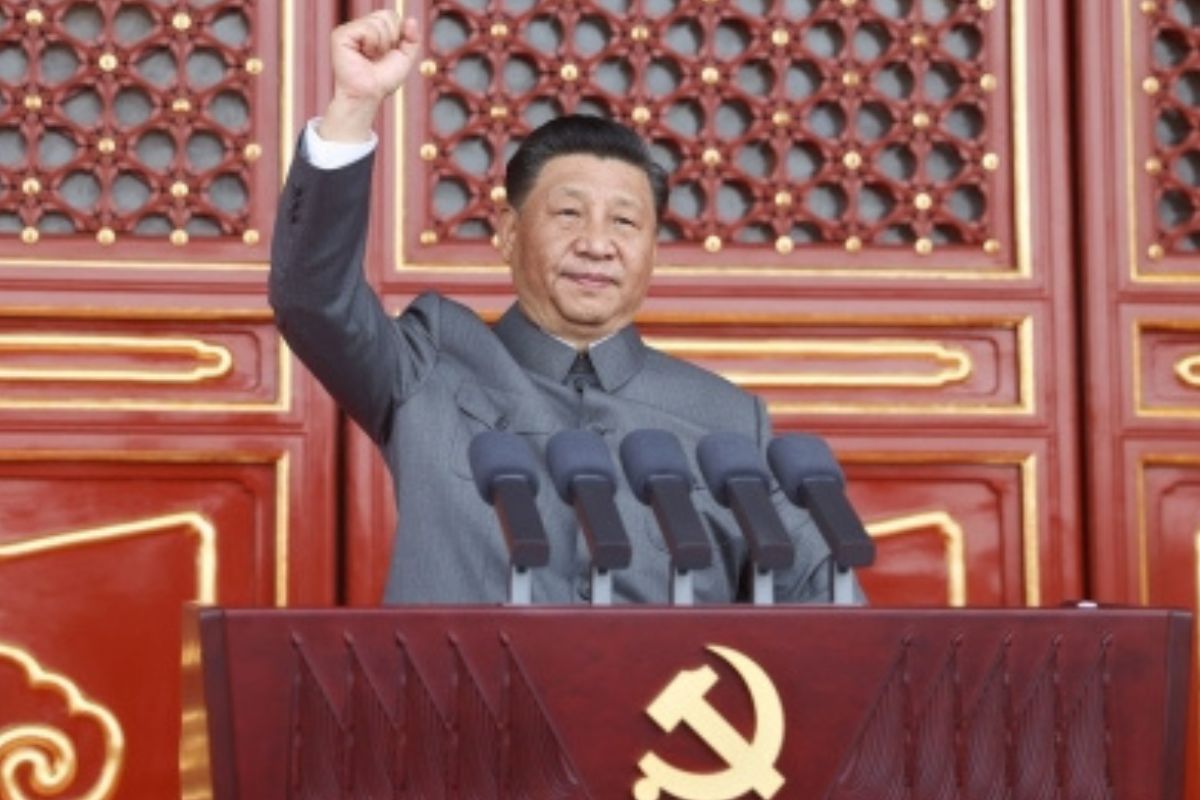Pacific Outreach~II
India is cognizant of the fact that Pacific Island nations are strategically located in the Pacific Ocean, connecting Asia with the Americas.
The Taiwan issue was not the only one to feature in the Paraguay poll. Indeed, the economy, plagued by rising fiscal deficits and slow growth figures, and corruption were major issues that dominated the discourse.

Xi Jinping president of China (Photo: IANS)
It is unusual for an election in South America to have as much resonance in distant Asia as the just concluded essay in Paraguay did. The victory of Santiago Pena of the conservative Colorado party means that Paraguay will remain one of the world’s 13 countries to have formal diplomatic ties with China, a position his centre-left rival Efrain Alegre was determined to change if voted to power. In the event, Mr. Pena, a protégé of former President Horacio Cartes, has won the country’s Presidential election convincingly, recording a 15 point lead over Mr. Alegre.
Paraguay’s ruling party received more than 42 per cent of the popular vote and was promptly congratulated by Taiwan, which saw its support in South America drop a few weeks ago when Honduras switched allegiance from Taipei to Beijing. A handful of nations recognize Taiwan, and their numbers have been dwindling as China has used its economic heft to coerce support, an initiative derisively described by Taipei as “chequebook diplomacy”. Mr. Alegre had announced in the run up to the election that he would recognize Beijing if elected, because he felt that strong ties with China were necessary for Paraguay, whose agriculture-driven economy needs markets for beef and soy, both consumed in large quantities by the Asian giant. Mr. Pena on the other hand had pledged continued support to Taiwan, and the issue had been hotly debated during the campaign.
The election outcome will therefore also come as a boost to the United States, which while adhering to the one-China policy, has been a strong supporter of Taiwan. While it did not announce its preferences either way, Washington had viewed the loss of Honduras from the Taiwan camp with some consternation. The issue is of equal significance to Beijing, which in a diplomatic outreach to Paraguayan farmers and lawmakers three years ago had pitched strongly for a switch in allegiance, arguing that beef and soy exporters stood to benefit hugely if this happened.
Advertisement
The Taiwan issue was not the only one to feature in the Paraguay poll. Indeed, the economy, plagued by rising fiscal deficits and slow growth figures, and corruption were major issues that dominated the discourse. Mr. Pena overcame criticism of being a proxy of Mr. Cartes, described by the US State Department as a man involved in “significant corruption”, to secure his mandate. But fears remain that he will allow his mentor a dominant role in governance.
After all, Mr. Pena had served as Finance Minister under Mr. Cartes, and was a member of the board of a bank owned by the former President. The optics suggested that these fears are not without basis. Mr. Cartes, who is the leader of the Colorado Party, stood beside Mr. Pena as the latter celebrated his victory.
Advertisement